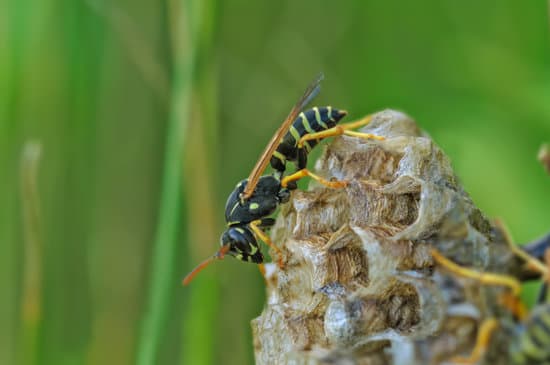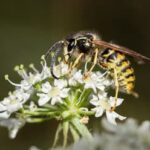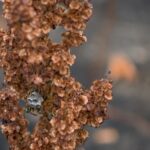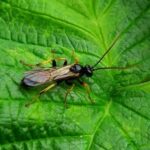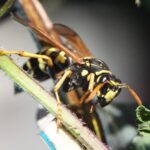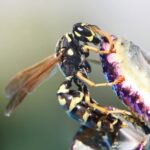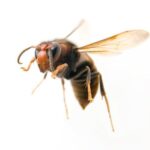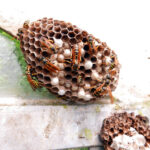How Strong Is Wasp Venom?
Various constituents of wasp venom are identified as proteins, peptides, lipids, alkaloids, alkaloid, and metabolites. They have anticancer, antimicrobial, and anti-inflammatory properties. Moreover, they provide a promising new source for drug discovery.
The most abundant compound in wasp venom is peptides. These include high molecular weight peptides such as hyaluronidase, antigen 5, and wasp kinins. They mediate depolarization of muscle membranes and also impart physiological changes in humans.
The peptides also show antimicrobial activity against B. subtilis. In addition, they have mast cell degranulating activity and poor hemolysis to rat erythrocytes. They are synthesized by solid phase peptide synthesis (SPPS).
Other components of wasp venom include proteins, phospholipase A2, antigen 5, mastoparan, decoralin, and vitellogenin. Several studies have shown that these compounds exhibit antimicrobial effects. However, they are still a research frontier.
Researchers have found that wasp venom has a significant role in controlling mosquitoes. In addition, it inhibits several developmental stages of house flies. This venom has also been shown to have anticoagulant and fibrinogen-degrading properties. Moreover, it may cause genetic material alterations.
Venom is also known to cause anaphylactic shock. However, it is important to note that this condition is rare. If you develop an allergy to wasp venom, a simple treatment is available. You can apply ice packs, analgesics, or curds to the sting site. Alternatively, you can administer epinephrine. These medications can be used for mild symptoms, but they should be administered immediately in case of a severe allergic reaction.
